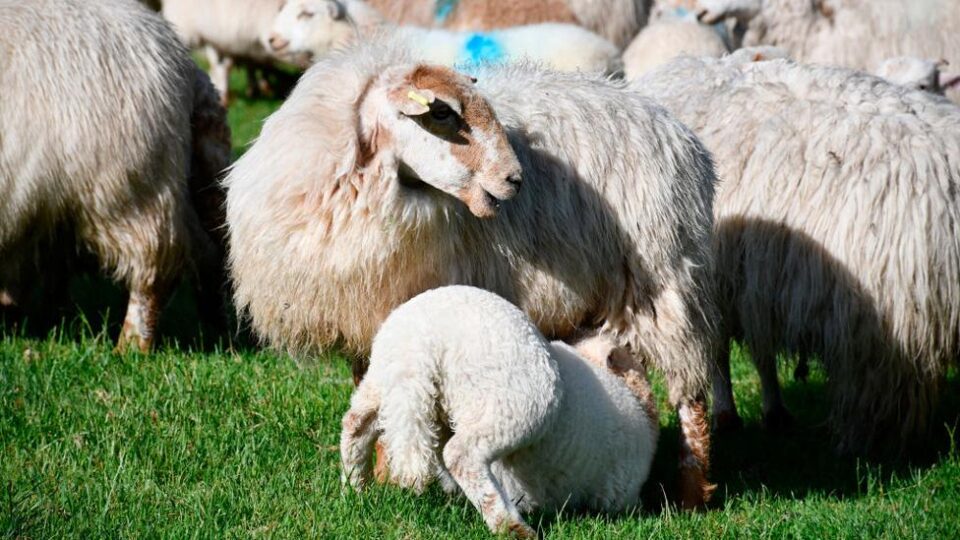Governments around the world — including those in China, the United States, India, and the European Union — are driving deforestation and climate change by subsidising industrial-scale factory farms, according to a new report by World Animal Protection.
Launched ahead of COP30, the report, titled “Subsidising Factory Farm Harm,” exposes the vast public funds flowing into industrial livestock systems that harm animals, degrade ecosystems, and disadvantage smallholder farmers.
Agriculture already contributes up to 34% of global greenhouse gas emissions, yet the sector receives some of the highest subsidies globally, second only to fossil fuels. In Africa, significant portions of agricultural budgets are spent on input subsidies that often benefit large-scale producers rather than the smallholder farmers who supply most of the continent’s food.
“We can’t keep pouring taxpayer money into food systems that are not fit for purpose,” said Kelly Dent, Director of External Engagement at World Animal Protection. “Factory farms pollute our climate, destroy biodiversity, and cause immense animal suffering. The future lies in fair farms — not factory farms.”
Key Findings from the Report
-
If current trends continue, agriculture could account for 52% of global emissions by 2050.
-
Subsidised production of beef, soy (for animal feed), and palm oil is responsible for about 14% of global deforestation.
-
In Brazil, subsidies to the beef sector average USD 3.1 billion per year, nearly matching what the industry contributes in taxes.
-
In the EU, redirecting just half of the USD 88.5 billion in annual factory farm subsidies could save 25 million megalitres of water and 19 million hectares of land each year.
-
In Kenya, farms integrating crops, bees, chickens, goats, and cattle show how agroecological systems can deliver both profitability and sustainability while cutting chemical use and improving animal welfare.
A Call for Reform in Africa
World Animal Protection is urging African leaders attending COP30 to take decisive action by:
-
Phasing out harmful subsidies that drive industrial livestock expansion.
-
Redirecting public funds toward smallholder farmers, agroecology, and humane, sustainable food systems.
-
Integrating subsidy reform into national climate commitments (NDCs) and aligning with the Kunming-Montreal Biodiversity Framework.
-
Supporting farmers through training, innovation, and social protection as part of a just agricultural transition.
-
“Factory farms are driving deforestation, pollution, and cruelty,” said Sally Kahiu, External Affairs Lead at World Animal Protection. “It’s time African governments stop funding destruction and start investing in solutions like agroecology — which empower smallholder farmers, protect ecosystems, and strengthen food security. Our governments have the chance to champion Africa-led solutions to global challenges.”
As the world prepares for COP30 in Brazil, the message is clear: redirecting agricultural subsidies could be one of the most effective tools to combat climate change, protect biodiversity, and create fairer, more resilient food systems across Africa and beyond.



